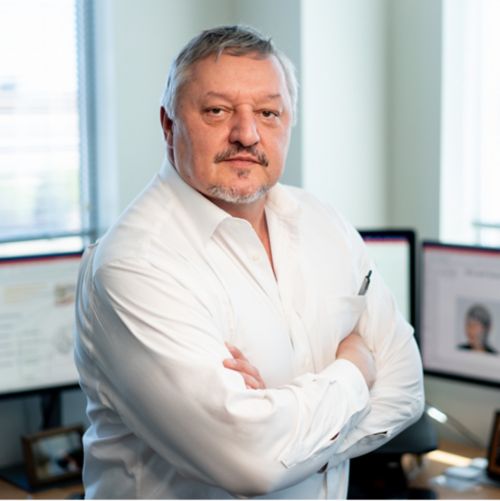Healthy choices may protect brain health in survivors later in life
Keeping the body and mind active could improve brain health in cancer survivors, according to a recently published report from the Childhood Cancer Survivor Study (CCSS). The study appeared in the journal JAMA Network Open.
Researchers looked at a group of survivors who reported having problems with thinking skills starting 20–30 years after treatment. Researchers wanted to know more about what might lead to these problems so many years later.
Survivors in the study reported memory loss in their 30s and 40s, much earlier than would be expected. Many adults do not have memory issues until age 60 or older. When problems related to aging happen earlier in life, scientists call this accelerated aging.
“The fact that they were reporting this in their 30s was a red flag for us,” said Nick Phillips, MD, PhD, of St. Jude Children’s Research Hospital.
Treatment-related brain problems that do not appear until many years after cancer treatment are called late-onset cognitive effects. The study looked at which factors increased survivors’ risk for these problems.
Researchers found these brain function problems were linked to other health conditions such as high blood pressure and high cholesterol.
The study found 3 health factors that were connected to late-onset cognitive effects.
The factors were:
- Obesity
- Lack of physical activity
- Smoking
So, survivors may lower their risk through:
- Keeping a healthy weight
- Regular physical activity
- Not smoking
“I tell survivors that there are things they can do now to prevent problems,” Phillips said. “Of course, this is also what we’re telling everyone. Being active can reduce your risk of dementia. Not smoking or stopping smoking can improve your health. Anything you can do to lower your risk of heart disease and lung disease will make a big impact.”
Survivors in the study who did not exercise were more likely to report brain function problems. Even small amounts of activity had benefits for brain health.
“It doesn’t have to be all or nothing,” Phillips said. “Starting an activity program that is at the right pace for you can make a difference.”
A healthy lifestyle can have a protective effect, said Kevin Krull, PhD, chair of the Department of Psychology and Biobehavioral Sciences at St. Jude. The brains of childhood cancer survivors appear to be more at risk than those of other people.
Krull stressed that a healthy lifestyle includes keeping your mind active. That may involve further education or trade school. Or it could be other types of learning. This includes finding ways to challenge your brain through puzzles or games, developing new skills and hobbies, or taking a class. For example, take cooking or baking classes if you like being in the kitchen. If art interests you, take an art class. It is important to find activities you enjoy.
“That's basically what learning does,” Krull said. “It helps the brain to make those memory, learning, and attention connections. It can help to protect against accelerated aging. It doesn’t have to be formal learning in a classroom. Just continue to challenge your mind.”
If you notice you are having problems with thinking and learning, ask your survivorship care team about getting a neuropsychological evaluation, Krull said. The evaluation involves tasks such as games and puzzles that look at different types of brain functions. It can show strong and weak points in your thinking skills. Care providers can develop strategies to help.
“We would suggest neuropsychological testing for anyone who has any kind of noticeable problems in their work, in their school, or their home environment,” Krull said.



